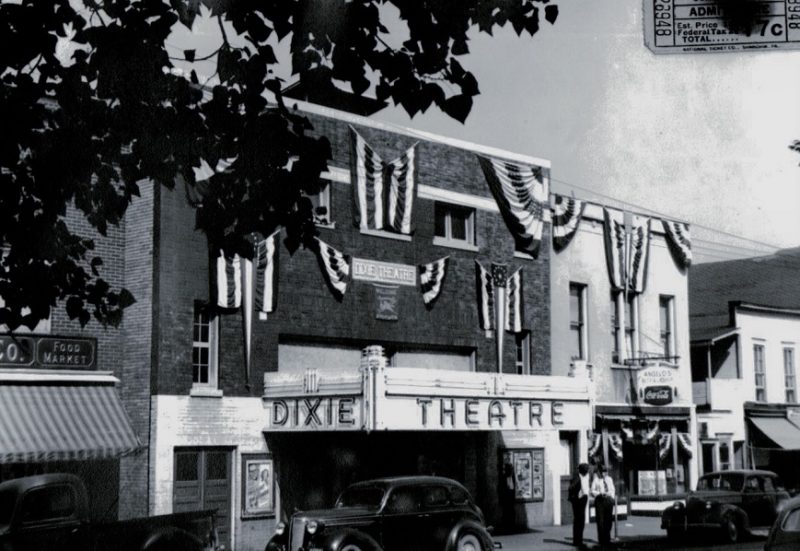Small-town movie theaters were once common throughout Clearfield County. They were also profitable business enterprises in the days before broadcast and cable television.
Movies were an escape from the grim news of the Great Depression and World War II. Theaters often had a brisk business on weeknights and usually packed the house on weekends.
Movies were popular with kids, teens, adults and families. Movie ratings were unheard of because film studios then forbade graphic violence and explicit sexual situations.
Prior to 1940, Sunday showings were illegal due to Pennsylvania’s old Blue Laws. A successful ballot referendum changed that.
The coming of television, in the 1950’s, deeply cut into the movie business. Theaters tried to use wide screens, more color films and giveaway gimmicks and prizes to, with some success, draw customers.
Clearfield County’s population decline and exodus of young adults left small theaters to struggle in the shrunken local coal mining-based economy of the times.
Some theaters fell into disrepair and neglect. Some owners often simply lacked the financial means to keep up their buildings, rent the films and therefore make a profit.
One by one, local theaters began to disappear during the 1950’s and on into 1970’s. Houtzdale’s Sherkel, the State in Osceola Mills, Clearfield’s Lyric, the Liberty in Madera, Curwensville’s Rex, the Pastime in Ramey, Winburne’s Union, Philipsburg’s Majestic, as well as the Harris, Carlton and Avenue, in Dubois, all faded from the local scene.
Sizeable towns, such as Clearfield, Philipsburg and Dubois still have downtown or mall-based movie theaters. All have heavily invested in digital upgrades in order to keep showing movies.
The Rowland in Philipsburg has been resurrected by a community volunteer group that the keeps the century-old landmark open to the community.
Clearfield’s Ritz became two theaters, decades ago. The Dubois 5 has been part of the local shopping mall, also for decades. The Super 322 Drive-In is another restored historical landmark that brings back memories of another era of unique entertainment.
The cement sign, shown embedded into the edifice of the Dixie Theatre, is displayed in a small garden park along Coalport’s Main Street.
